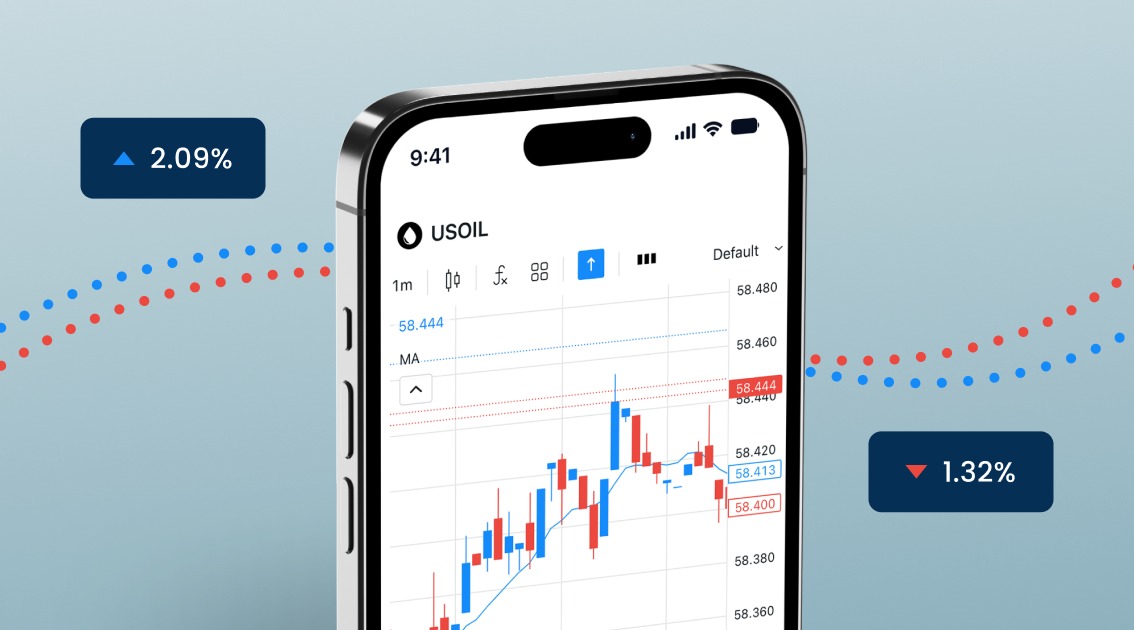With the rise of digital currencies, the world of finance is undergoing considerable disruption. As cryptocurrencies acquire traction and acceptance, the question is whether global payment processors will play a critical role in hastening their widespread adoption.
We will look at the potential impact of global payment processors on digital currency adoption in this article. Moreover, we'll discuss the benefits and problems that payment processors bring to the table, as well as their potential to alter the way we trade with digital currencies, ranging from expanded accessibility and merchant acceptance to enhanced security and ease of use.
Increased Merchant Acceptance and Accessibility
Global payment processors have enormous networks and infrastructure, allowing users to access the world of digital currencies with ease. Payment processors can provide more accessibility by incorporating cryptocurrencies into their platforms, allowing consumers to effortlessly convert and deal with digital assets.
This connection would allow shops to accept cryptocurrency as payment, broadening the use cases for digital currencies in ordinary transactions. Acceptance of digital currencies becomes more viable and convenient with payment processors acting as mediators between consumers and merchants.
Security Enhancement and Fraud Prevention
When it comes to digital currencies, security has been a major concern. Global payment processors, known for their stringent security procedures, can help you break down this barrier. Payment processors can use advanced security procedures and technology to protect digital currency transactions by utilizing their knowledge in fraud prevention and risk management.
This would boost users' confidence and trust in the security of their cash, encouraging further adoption. Furthermore, payment processors can play an important role in combatting fraud in the digital currency arena, lowering risks for both consumers and merchants.
User Experience and Integration Simplified
The user experience is one of the most pressing issues confronting digital currencies. Global payment processors have a plethora of experience in developing user-friendly interfaces for traditional payment methods. Payment processors can simplify the process of buying, storing, and spending cryptocurrencies by extending their knowledge to digital currencies. User-friendly interfaces and seamless integration with conventional payment methods can assist in bridging the gap between traditional and digital currencies, making the transfer easier for those new to the bitcoin ecosystem.
Compliance with regulations and legitimacy
Regulatory compliance is critical for digital currency general adoption. Global payment processors adhere to anti-money laundering (AML) and know your customer (KYC) rules by operating within existing regulatory frameworks.
Payment processors can provide legitimacy to digital currencies and enhance regulatory compliance by integrating them into their systems. This can help alleviate concerns about illegal operations while also ensuring that the digital currency ecosystem runs within legal constraints.
Concerns and difficulties
While global payment processors have the potential to speed digital currency widespread adoption, there are various hurdles and concerns to solve. One such difficulty is volatility, as the value of cryptocurrencies can fluctuate substantially. Payment processors may need to devise measures to reduce volatility, such as rapid conversion to fiat currency at the time of transaction.
Additionally, scalability and transaction speed are areas where the digital currency ecosystem needs to improve in order to satisfy the demands of mass usage. Payment processors must guarantee that their infrastructure is capable of handling the increased volume of transactions while also providing near-instantaneous confirmations.
Overcoming Hurdles: Accelerating Mainstream Adoption of Digital Currencies by Global Payment Processors
The rise of digital currencies has paved the way for transformative changes in the global payment industry. However, for mainstream adoption of digital currencies to occur, several hurdles must be overcome. The three significant challenges that global payment processors face: financial literacy, digital currency volatility, and tech adoption rates.
By addressing them, global payment processors can contribute to the advancement of digital currencies as a mainstream payment method. As more individuals and businesses embrace digital currencies, the potential for greater financial inclusion, reduced friction in cross-border transactions, and enhanced economic efficiency becomes a tangible reality.
- Financial Literacy
One of the primary hurdles to mainstream adoption of digital currencies is the need for enhanced financial literacy among the general population. Many individuals are unfamiliar with the concepts and intricacies of digital currencies, including how to safely store and transact with them. Global payment processors must invest in educational initiatives to raise awareness and understanding of digital currencies. By offering accessible and comprehensive resources, they can empower individuals to make informed decisions and confidently embrace digital payment solutions.
Financial literacy programs should emphasize topics such as the basics of digital currencies, security best practices, the importance of private keys, and the potential benefits and risks associated with digital currency transactions. By fostering financial literacy, payment processors can bridge the knowledge gap and promote wider adoption of digital currencies.
- Digital Currency Volatility
The inherent volatility of digital currencies poses a significant challenge to their mainstream adoption as a reliable medium of exchange. Price fluctuations can create uncertainties for both consumers and merchants, making it challenging to establish a stable pricing system and calculate the value of goods and services accurately. Payment processors must develop innovative solutions to mitigate digital currency volatility and provide stability for everyday transactions.
One approach is to integrate real-time exchange rate conversion services that instantly convert digital currency payments into fiat currencies. This would allow merchants to receive payments in their local currency, reducing exposure to volatility. Additionally, the development of stablecoins, which are pegged to fiat currencies or other stable assets, can provide a more predictable and familiar value proposition, facilitating wider acceptance of digital currencies.
- Tech Adoption Rates
Accelerating the mainstream adoption of digital currencies relies heavily on the availability and adoption of suitable technology. Access to reliable internet connectivity, user-friendly digital wallets, and secure payment infrastructure are essential components for seamless digital currency transactions. However, disparities in technology adoption rates across regions and socioeconomic groups can hinder the widespread use of digital currencies.
Global payment processors need to collaborate with technology providers, financial institutions, and governments to ensure the availability of robust and user-friendly digital infrastructure. This includes expanding internet connectivity, developing intuitive digital wallet applications, and creating secure and interoperable payment platforms. Collaboration can help bridge the digital divide and ensure that individuals and businesses of all backgrounds have equal access to digital currency payment solutions.
Future Prospects
The partnership between global payment processors and digital currencies has enormous future possibilities. Payment processors' incorporation of cryptocurrencies into their networks has the potential to move digital currencies closer to widespread usage. Payment processors can establish trust and confidence among consumers and merchants by increasing accessibility, improving security measures, streamlining user experiences, and adhering to regulatory requirements. Furthermore, their current networks and merchant relationships provide a solid foundation for developing digital currency acceptance.
More worldwide payment processors are expected to embrace digital currencies in the future. This transition will not only meet the growing demand for alternate payment methods, but will also consolidate digital currencies' place as viable forms of payment.
We may see a huge increase in merchant acceptance as payment processors integrate digital currencies into their platforms, allowing consumers to utilize cryptocurrencies for a wide range of goods and services.
Furthermore, collaboration between payment processors and digital currencies may enable cross-border transactions. Because digital currencies are borderless, they can permit faster and more cost-effective international payments. Cross-border transactions utilizing digital currencies can be made more accessible by using the infrastructure and network of payment processors, removing the need for middlemen and lowering transaction fees.
It should be noted that worldwide payment processors will have to manage the changing regulatory landscape surrounding digital currencies. Existing regulations, like as AML and KYC procedures, must be followed in order to verify legitimacy and protect users. Payment processors can help to develop a secure and regulated digital currency ecosystem by collaborating closely with regulatory bodies and implementing stringent compliance standards.
Conclusion
Finally, global payment processors have the potential to play a critical role in driving digital currency widespread adoption. Payment processors can bridge the gap between traditional payment methods and digital currencies by improving accessibility, security, improved user experiences, and regulatory compliance.
However, issues including as volatility, scalability, and regulatory compliance must be overcome before the full potential of this convergence can be realized. Collaboration between payment processors and cryptocurrencies will transform the way we transact as the digital currency ecosystem evolves, bringing us closer to a future in which digital currencies are seamlessly incorporated into our daily lives.

















